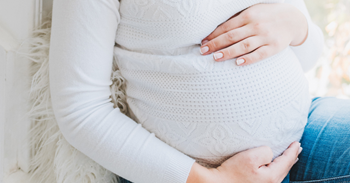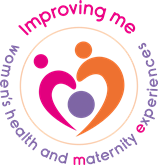The dangers of drinking alcohol while pregnant
09 November 2020

Many people believe that drinking small amounts of alcohol during pregnancy is safe. However, recent research shows that even the smallest amount of alcohol, especially when it’s consumed within the first trimester, can cause significant harm (sometimes major birth defects) to your baby.
What is Drymester?
Drymester is a campaign supported by Cheshire and Merseyside Women’s and Children’s Services Partnership. The campaign aims to inspire and encourage women who are pregnant (or planning to be) to go alcohol-free. By raising awareness of the risks of consuming alcohol when pregnant, we can prevent Foetal Alcohol Spectrum Disorder (FASD).
What is Foetal Alcohol Spectrum Disorder?
FASD refers to a range of birth defects and developmental disabilities in children that can occur as a result of their mother drinking alcohol while pregnant. Alcohol passes through the mother’s blood to the baby through the placenta and can damage cells in their brain, spinal cord and other parts of their body.
Symptoms of FASD include:
- Learning difficulties
- Issues with attention, concentration or hyperactivity
- Distinctive features (smaller than average head, small eyes, a thin upper lip, and a smooth philtrum)
- Seizures and problems with movement and balance
- Poor growth (being smaller than average at birth and grow to be a smaller than average adult)
- Behavioural problems and poor social skills
- Hearing and vision problems
Getting support for your child
If you suspect your child could have FASD, reach out for help as soon as possible. Your child is more likely to have problems related to the condition in later life if they do not get an early diagnosis. It’s crucial that you tell your doctor if you consumed alcohol during pregnancy so your child can get an appropriate diagnosis and support. To diagnose FASD, blood tests are usually carried out to rule out any conditions that have similar symptoms.
Getting support with going sober
If you’re struggling with drinking, it can be dangerous to stop without seeking help. Speak to your GP, midwife or pharmacist to take the first step in getting support. Going sober at any point in your pregnancy can reduce the risk of your child being born with defects and developmental disabilities.
Here are some resources you may find helpful:
- NOFAS-UK helpline on 020 8458 5951
- Drymester resources
- Drinkline - 0300 123 1110
- We Are With You
- Alcoholics Anonymous (AA)
- NHS article on cutting down drinking
- Search for local alcohol support services
It’s never too late to get support
We hope you found this article helpful. For more information on Foetal Alcohol Spectrum Disorder, visit the National Organisation for FASD and the Drymester website.
Make sure to follow Improving Me on Twitter and Facebook.
